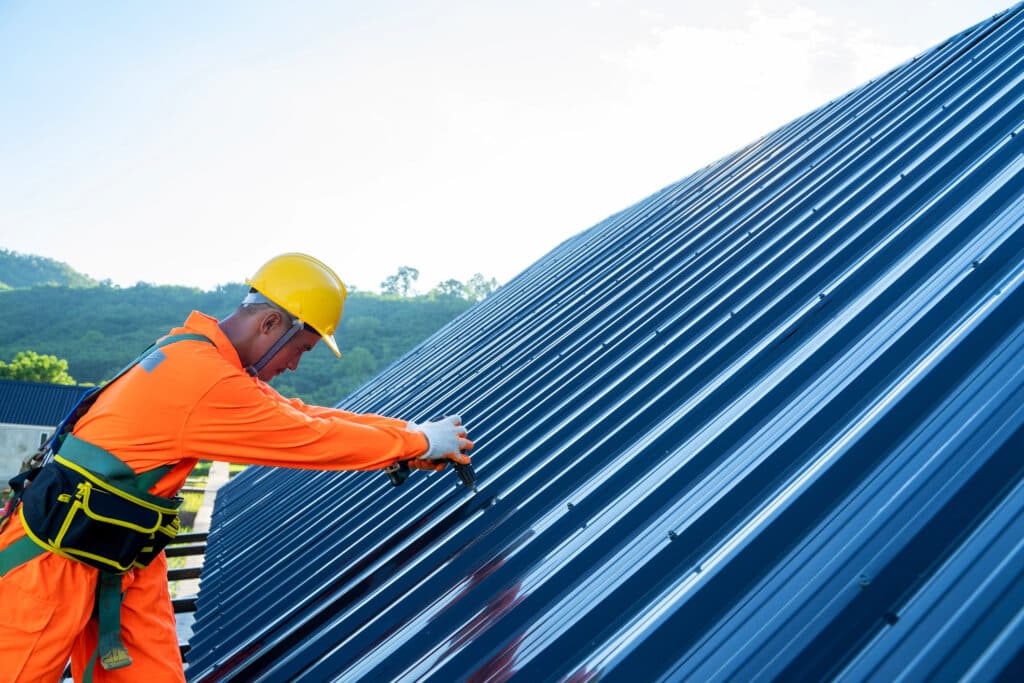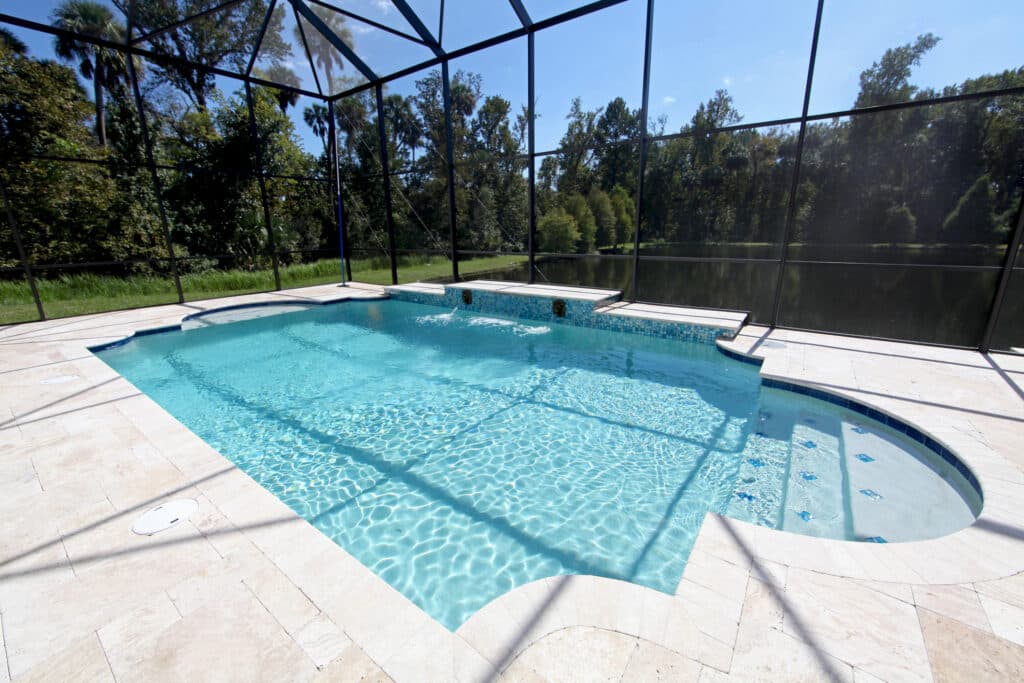Post-hurricane recovery can be a long, difficult process for Augusta, Georgia, residents. The devastation that a hurricane can cause may have rippling effects on entire communities, with businesses closing and residents being displaced. Repairing or rebuilding your home once the storm passes can take months or even years. Insurance companies play an essential role in helping facilitate a rapid recovery following a hurricane by providing an element of financial security. Continue reading to learn more about how the right insurance coverage aids in post-hurricane recovery and the role of insurance companies in the process.
Why You Need Insurance
A hurricane brings gale-force winds and copious rain that can severely damage structures of all shapes and sizes. The damage the storm leaves in its wake is often catastrophic. Repairing homes, buildings, and other devastation after a hurricane may cost millions or even billions of dollars. Having the right insurance coverage is the best way to protect yourself financially. It's crucial to have proper insurance coverage for your assets, as it will allow you to make the necessary repairs or to rebuild if a hurricane damages your home or property as well as replace lost items you need to live.
Simply having homeowner's insurance may not be enough in the event of hurricane damage. Different types of policies offer various options for coverage. You need to review your insurance policy information regularly to ensure you have the coverage you need for every possible scenario, including hurricane damage. Discuss your needs with an insurance agent in Augusta to determine the right level of coverage for you and your property. A changing environment may require changes to your coverage.
How Insurance Protects You
Insurance protects you financially by safeguarding your assets against losses that can happen from a variety of issues. Homeowner's insurance provides compensation for damages to your property if they're covered in your contract. In most cases, this includes damages to structures, outbuildings, and personal belongings from weather-related issues such as windstorm damage. Flood damage usually isn't covered under a standard homeowner's insurance policy, so you'll need to get a separate policy for this type of coverage. Wind damage and flooding are the main problems people face regarding their property after a hurricane, making coverage for these issues vital.
Filing an insurance claim, or making an official request for compensation for damages, after a hurricane can provide you with the money you need to repair or rebuild your home. Your insurance contract is an agreement between you and your insurance provider where you pay a monthly premium and, in return, they help by covering costs to repair damages, replace your belongings, or simply provide a payout for your losses when you make a claim.
Without insurance coverage, you're on the hook for all damages to your home and other property. Paying out of pocket for repairs can wreak havoc on your finances and leave you in a difficult financial position. The cost to repair or replace your home along with everything you lost because of a hurricane can add up to hundreds of thousands of dollars or more. If you have a mortgage, you'll have to continue making payments even if your home is uninhabitable, compounding the problem. With the right insurance coverage, you'll only have to pay your deductible.
How Insurance Companies Play a Role in Post-Hurricane Recovery
Insurance companies play an essential role in post-hurricane recovery. Without an insurance payout, many people can't afford to make necessary repairs to their property. When hurricane damage is left unchecked, it can cause problems for an entire community. People who can't afford to make repairs may abandon their homes, leaving them in disrepair and unsafe. This can lower property values for those who do have insurance and can restore their properties. Hurricane-damaged homes also serve as a reminder of the devastation, making it hard to move forward after the disaster.
When everyone in your community has insurance coverage that provides financial resources for hurricane damage repairs, it allows for an efficient and smooth recovery process. You and your neighbors can begin to rebuild your community so no one is left without a home or forced to relocate. Insurance companies have access to large funds that let them make significant payouts to policyholders. In Georgia, these companies are required to settle claims quickly. You should file an insurance claim as soon as you've assessed the damages to your home, as it can lead to a faster payout.
Why Expedited Recovery After a Hurricane Is Important
Knowing you can receive the money you need to either repair or rebuild your home following a hurricane can reduce the anxiety you feel in an already stressful situation. Because you're probably emotional about your loss, dealing with cleaning up your property, and assessing the extent of damages, it can be a relief to know that you have insurance coverage to provide the financial aid you need to live, make repairs, and replace your belongings. Although the claims process takes time, knowing that money will be available allows you to focus on what comes next.
With your insurance settlement, you can immediately begin making necessary repairs to your property. An expedited recovery after a hurricane means you can move forward with your life and work through your grief. The faster your community can reopen businesses and reestablish a degree of normalcy, the better it is for everyone involved. Insurance companies make an expedited recovery possible by providing the financial assistance you need to get reestablished after suffering hurricane damage at your residence and in your community.
Don't leave yourself vulnerable and unprotected when a hurricane hits in Augusta. Make sure you have insurance coverage that protects your assets before a disaster strikes. With the right coverage, you can get the money you need to repair or replace your home so you're not left without a place to live for long. Contact your insurance agent to ensure you're fully protected no matter what happens to your home.


